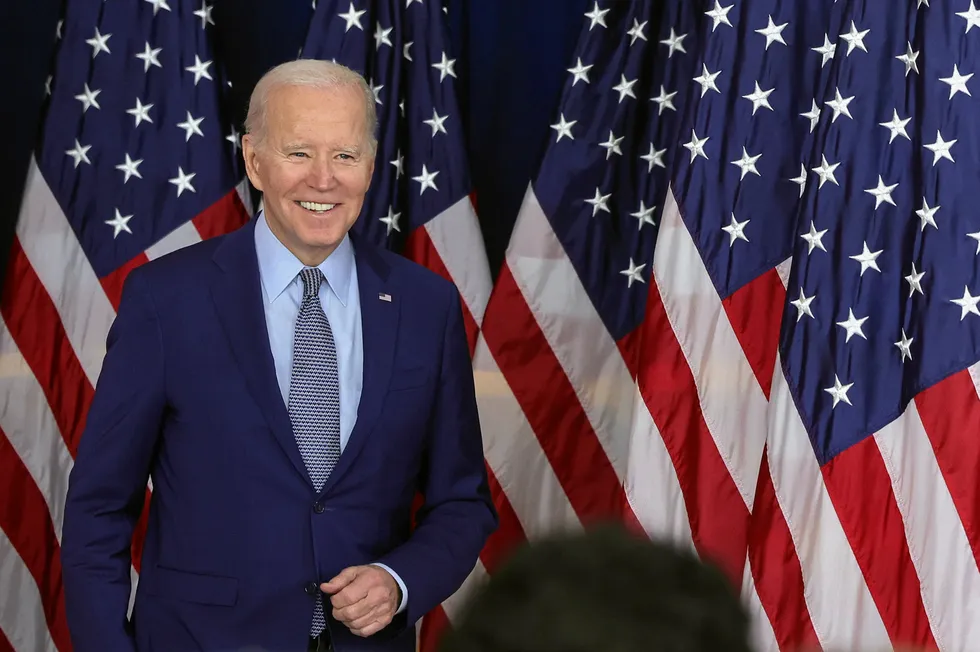Biden’s funding bonanza | US invites applications for $750m green hydrogen cash
Grant programme targets electrolyser technology, fuel cell manufacturing and recycling labs, with prospective recipients given just 35 days to submit first documents

Grant programme targets electrolyser technology, fuel cell manufacturing and recycling labs, with prospective recipients given just 35 days to submit first documents
